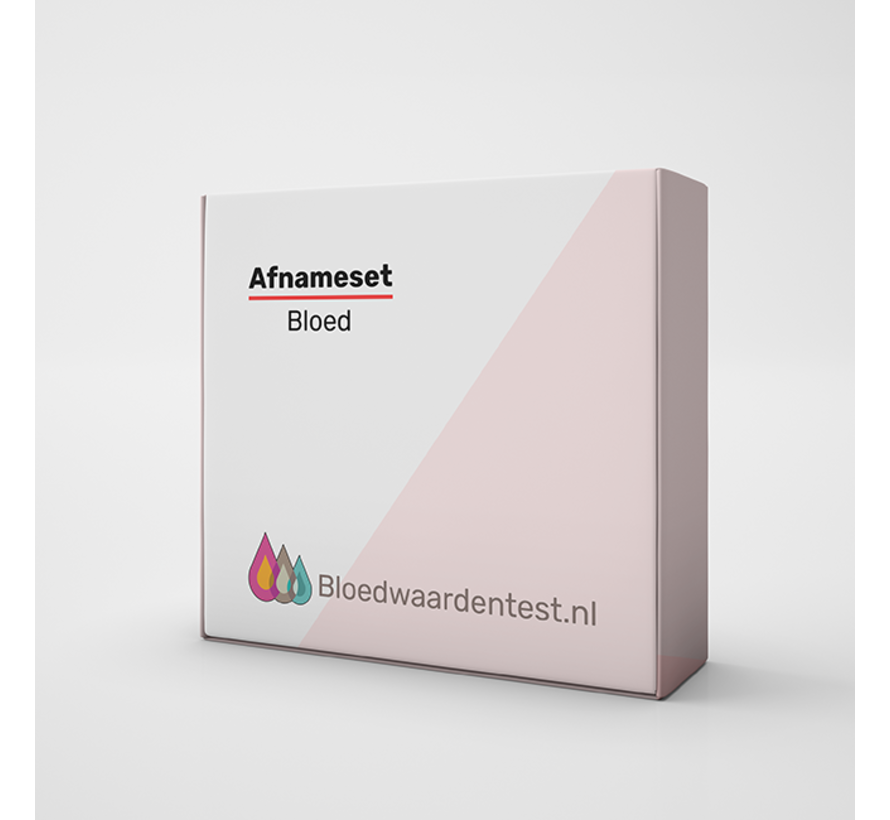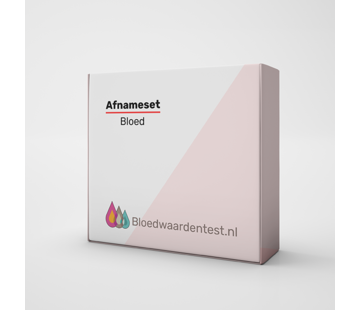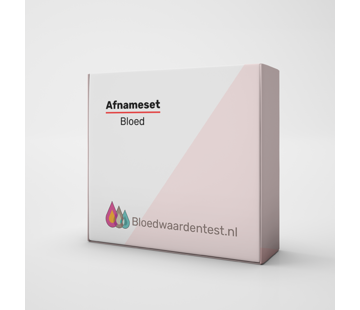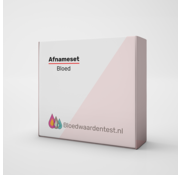Gilbert's syndrome blood test
In Gilbert's disease, bilirubin levels are often elevated, especially indirect bilirubin.
Through this blood test via an intravenous blood draw at one of our lancing stations, you can identify this.
To monitor the status of biomarkers related to Gilbert's disease, 3 blood tests are done:
- Total bilirubin:
This is the sum of indirect bilirubin and direct bilirubin in the blood.
In Gilbert's disease, total bilirubin may be elevated, mainly due to an increase in indirect bilirubin.
- Bilirubin Direct:
This is the bilirubin that is conjugated (attached) to glucuronic acid in the liver and is ready to be excreted in the bile.
In Gilbert's disease, direct bilirubin is usually normal or only slightly elevated.
- Bilirubin Indirect:
This is the bilirubin that has not yet been conjugated and absorbed into the bile.
In Gilbert's disease, indirect bilirubin is increased because the liver cannot convert bilirubin to the conjugated form as efficiently because of an enzyme deficiency, usually caused by a genetic mutation.
People with Gilbert's disease have decreased activity of the UGT1A1 enzyme, which is involved in the conversion of bilirubin in the liver. This leads to an accumulation of unconjugated (indirect) bilirubin in the blood, which can lead to periodic jaundice and elevated total bilirubin.
Gilbert's disease is generally a harmless condition, and elevated bilirubin levels are usually mild. People with this condition often do not experience severe symptoms, and the jaundice episodes can come and go spontaneously.
Gilbert's disease is a genetic disorder that affects the breakdown of bilirubin in the liver, which can lead to periods of jaundice. Although there is no specific cure for Gilbert's disease, there are some lifestyle modifications that can help reduce symptoms, including jaundice. Individual reactions may vary,it is advisable to discuss these options with your practitioner.
Here are some suggestions:
- Hydration: Drinking enough water can help promote bilirubin excretion through the urine and may reduce symptoms.
- Regular meals: Regular, balanced meals can promote metabolism and support liver function.
- Avoid fasting: Prolonged fasting or excessively long intervals between meals can worsen symptoms. Regular meals and snacks are important.
- Avoid triggering factors: Some factors, such as fasting, dehydration, stress, and strenuous physical activity, can worsen jaundice. Try to avoid or limit these.
- Avoid certain medications: Some medications can make the symptoms of Gilbert's disease worse. Discuss with your doctor which medications are safe for use.
- Avoid excessive alcohol consumption: Excessive alcohol consumption can stress the liver. It is advisable to limit or avoid alcohol consumption.
- Avoid stress: Although stress is not a direct cause of Gilbert's disease, stressful situations can make symptoms worse. Stress management techniques, such as yoga or meditation, can be helpful.
- Regular exercise: Moderate exercise can promote overall health and support liver function.
It is wise to discuss these adjustments in consultation with a physician or practitioner, as approaches may vary based on individual health needs. A physician can also assess whether there are other underlying conditions that may affect symptoms and provide appropriate advice.










